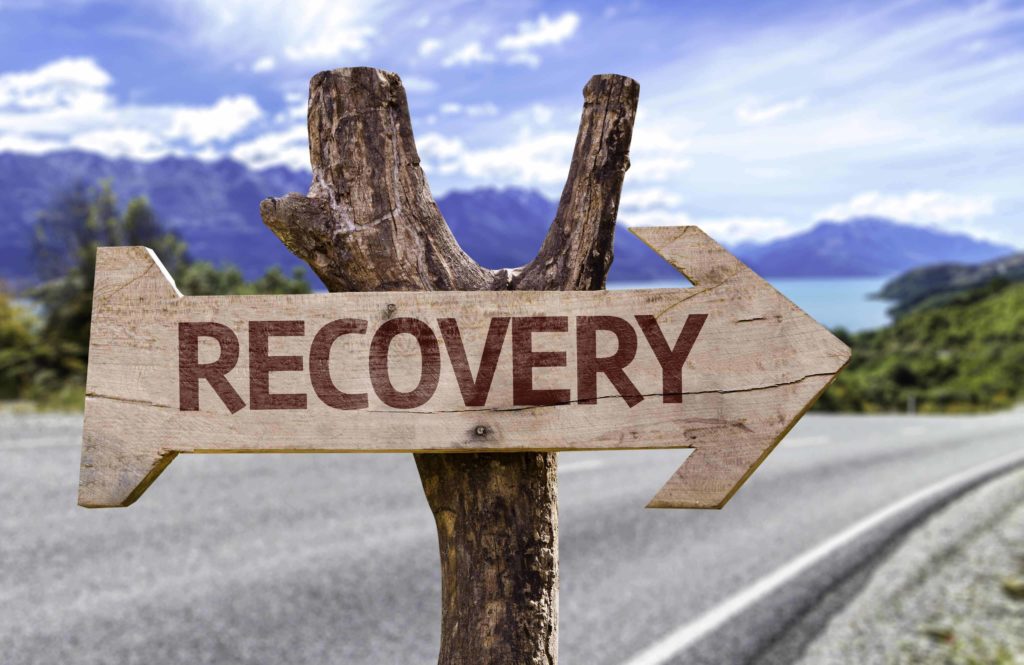Drug Abuse Statistics and Recovery Resources in Missouri

The number of opioid overdose deaths in Missouri increased significantly between 2015 and 2019. According to a Missouri Opioid fact sheet released in Spring 2019, there was a 42 percent increase in fatal opioid overdoses between 2015 and 2017 and an additional increase between 2017 and the end of 2018. In 2018, one of every 56 deaths in the state was due to opioid overdose. Missouri reported a slight decrease in opioid-related deaths in 2019.
Drug Abuse Statistics
Almost 75 percent of those who fatally overdosed had a history of substance abuse, about 23 percent had a mental illness diagnosis, and about 14 percent had previously overdosed. Postmortem testing continues to reveal many overdose victims have multiple substances of abuse in their systems, with benzodiazepines being most prevalent.
Statistics show most overdose deaths in Missouri take place in the person’s home, and about 40 percent happen when no one else is present.
State of Missouri data finds, “the opioid epidemic affects all genders, all races, and many age groups in both rural and urban Missouri communities.” In the years surveyed, individuals aged 25-44 had the highest rates of overdose deaths.
Startling Statistics
Missouri Department of Mental Health statistics reports approximately 379,000 Missourians struggle with a substance use disorder. Of these,
- Approximately 17,500 are young people between the ages of 12 and 17.
- About 28,444 are veterans (almost 6 percent of veterans).
- About 7,800 pregnant women struggle with an alcohol or drug problem, increasing the risk for babies born with neonatal abstinence syndrome.
Although opioid prescriptions are declining in Missouri, 2018 statistics reveal doctors wrote 63.4 opioid prescriptions for every 100 persons compared to the average U.S. rate of 51.4.
Missouri Recovery Resources
Missouri has multiple state programs in place to address substance abuse and mental health problems and provide recovery resources for residents.
- Time 2 Act Missouri includes initiatives by state governmental agencies to provide an integrated, comprehensive plan to allocate resources to fight the state opioid crisis and other crises. Access Time 2 Act to learn how each agency is providing resources to fight substance use and mental health disorders, food insecurity, poverty, and more.
- The Missouri Department of Mental Health provides crisis assistance, help to find treatment, and other resources to assist youth, adolescents, and adults with substance use or mental health disorders. The Division of Behavioral Health (DBH) will help residents access quality services that can help individuals and families.
Check the DBH website for information on mental health and substance abuse services, and medication assisted treatment. Contact DBH by calling (573) 751-4942 or (800) 575-7480 or e-mail. The DBH also provides crisis hotlines for different regions in the state.
Visit the DBH Directory of Adult Substance Use Treatment programs or the Directory of Adolescent Substance Use Treatment programs for resources in your county.
- The Comprehensive Substance Treatment and Rehabilitation (CSTAR) program provides resources to combine clinical and supportive services for those seeking recovery, which may include temporary living accommodations. CSTAR offers specialized programs for adult men and women, women and their children, adolescents, medication assisted treatment for opioid recovery and a program for residents without Medicaid.
- The Missouri Overdose Rescue and Education (MORE) project works to reduce the number of opioid-involved deaths in Missouri by offering training and supplies of Narcan (naloxone) to first responders, especially in rural areas, high schools, colleges and universities, public libraries, and YMCAs throughout the state. Individuals and organizations can request a free supply of Narcan by completing and emailing required forms.
Naloxone can reverse the effects of an opioid overdose if administered quickly. To date, the timely administration of naloxone has saved the lives of 5,609 Missourians. Residents can buy naloxone with or without a prescription at most pharmacies. Call MoNetwork at 844-732-3587 for information.
- Safer Drug Use and Risk Reduction program helps those currently using drugs to reduce their risk of infection, blood-borne diseases, and overdose.
- Missouri Opioid-Heroin Overdose Prevention and Education (MO-HOPE) project offers educational programs geared toward raising public awareness regarding overdose prevention, benefits of naloxone, and how to access treatment resources. Visit the website to report an overdose, request training, or to request naloxone.
- Visit the Substance Abuse and Mental Health Services Administration (SAMHSA) to learn how to find a quality treatment program for substance use disorders. SAMHSA provides recommendations on how to access care, five signs of a quality treatment program, and offers a treatment locator tool.
At Midwest Recovery Centers, we believe the extended care treatment model provides a safe, transformative, client-centered, and cost-effective recovery process from alcohol and drug use. We have seen that substance dependence and its co-occurring disorders can become progressive and even fatal. We are guided by our dedication, integrity, and the belief that the disease of addiction is a treatable disease and the persons suffering from it can recover and live healthy, fulfilling lives.
Our staff members are highly educated in both addiction recovery and naturopathic remedies. Therapists have advanced training in addiction treatment, and recovery support staff are always available to guide each client through the recovery process. Many of the support staff have walked the addiction recovery path and are uniquely qualified to inspire those on the journey.
Because many recovering addicts struggle with both a substance use disorder and one or more mental disorders, Midwest Recovery Centers recognizes the need to treat co-occurring disorders simultaneously. Studies have found an integrated approach that simultaneously treats mental health and substance abuse issues delivers the most successful outcomes.
Contact Midwest Recovery Centers today to start your recovery journey.
Reviewed and Assessed by
Taylor Brown, B.A.Com., MAADC II
Tim Coleman, M. of Ed.




